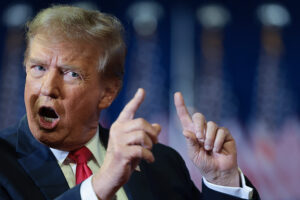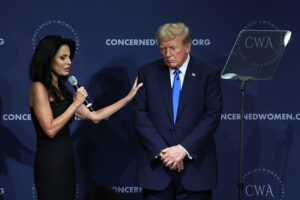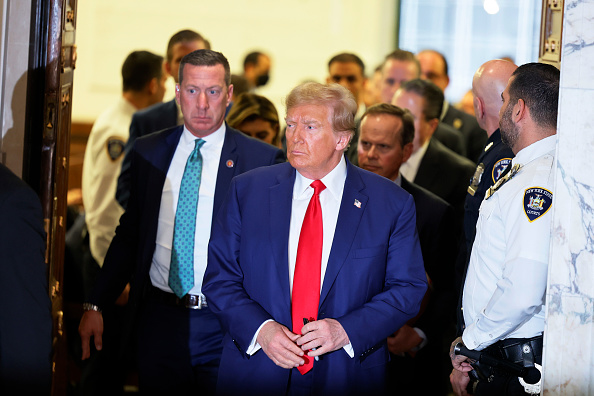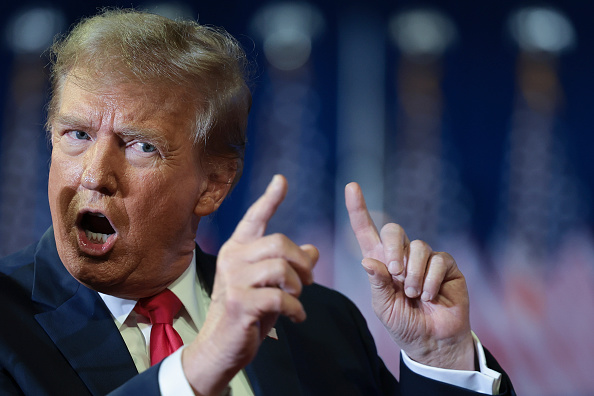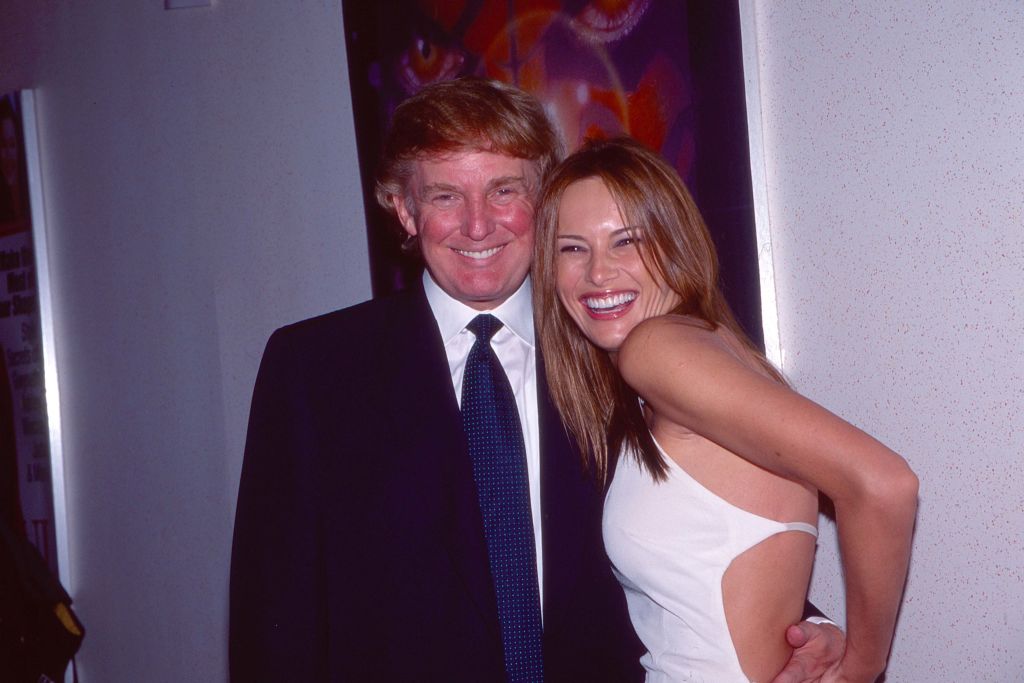A Cook County judge made a decision about former President Trump’s status on the Illinois primary ballot. The decision was to remove him from the ballot. However, the judge also decided to hold off on enforcing the order, awaiting a probable appeal. This development emerged on Wednesday, with Judge Tracie R. Porter issuing the ruling but putting it on pause until Friday due to the likelihood of an appeal to the higher courts.
The primary in Illinois is scheduled for March 19. Mr. Trump’s campaign spokesperson, Steven Cheung, swiftly reacted, denouncing the ruling as unconstitutional and declaring their intention to appeal promptly. The issue revolves around Mr. Trump’s involvement in the January 6, 2021 attack on the U.S. Capitol, raising questions about whether it qualifies as an insurrection.
A crucial element in the case is Section 3 of the 14th Amendment, which prohibits individuals who have engaged in insurrection from holding office. This provision, dating back to 1868, was primarily aimed at preventing former Confederates from occupying positions of authority. However, it remained largely inactive for over a century until recent developments.
The Colorado Supreme Court set a precedent by disqualifying Mr. Trump from the state’s GOP presidential primary ballot based on his actions related to January 6. This decision prompted similar efforts in other states, including Illinois. Despite initial resistance from the Illinois State Board of Elections, a judge later allowed the petitioners to pursue the matter further.
The impending decision by the U.S. Supreme Court holds significant weight in this matter. With two key cases concerning the former president before the highest court, the ruling from Cook County is perceived as inconsequential by legal analysts. The cases involve the Fourteenth Amendment’s application to disqualify Mr. Trump and the question of presidential immunity.
The U.S. Supreme Court’s decision to hear arguments regarding Mr. Trump’s immunity from prosecution is scheduled for April 22. This comes in the wake of a federal grand jury indictment against Mr. Trump for his alleged role in attempting to overturn the 2020 election results. Legal experts anticipate that the court’s ruling could have far-reaching implications for Mr. Trump’s legal battles.
The timeline for the Supreme Court’s decision remains uncertain. It could take months for a verdict to be reached, potentially impacting Mr. Trump‘s eligibility for the primary ballot in multiple states. The outcome of these legal proceedings is closely watched, with implications for both the upcoming primary elections and broader political discourse.
In light of these developments, the possibility of the election outcome being determined by the Supreme Court is a concern for many. Legal analysts emphasize the importance of a fair and lawful electoral process, expressing hope that the decision ultimately rests with the voters rather than the judiciary, as per CBS News.
The timing of the Supreme Court’s ruling is uncertain, with experts acknowledging the court’s discretion in setting deadlines for decisions. Whether the verdict will be expedited or delayed remains to be seen, leaving the outcome of Mr. Trump’s eligibility for the primary ballot in limbo.
